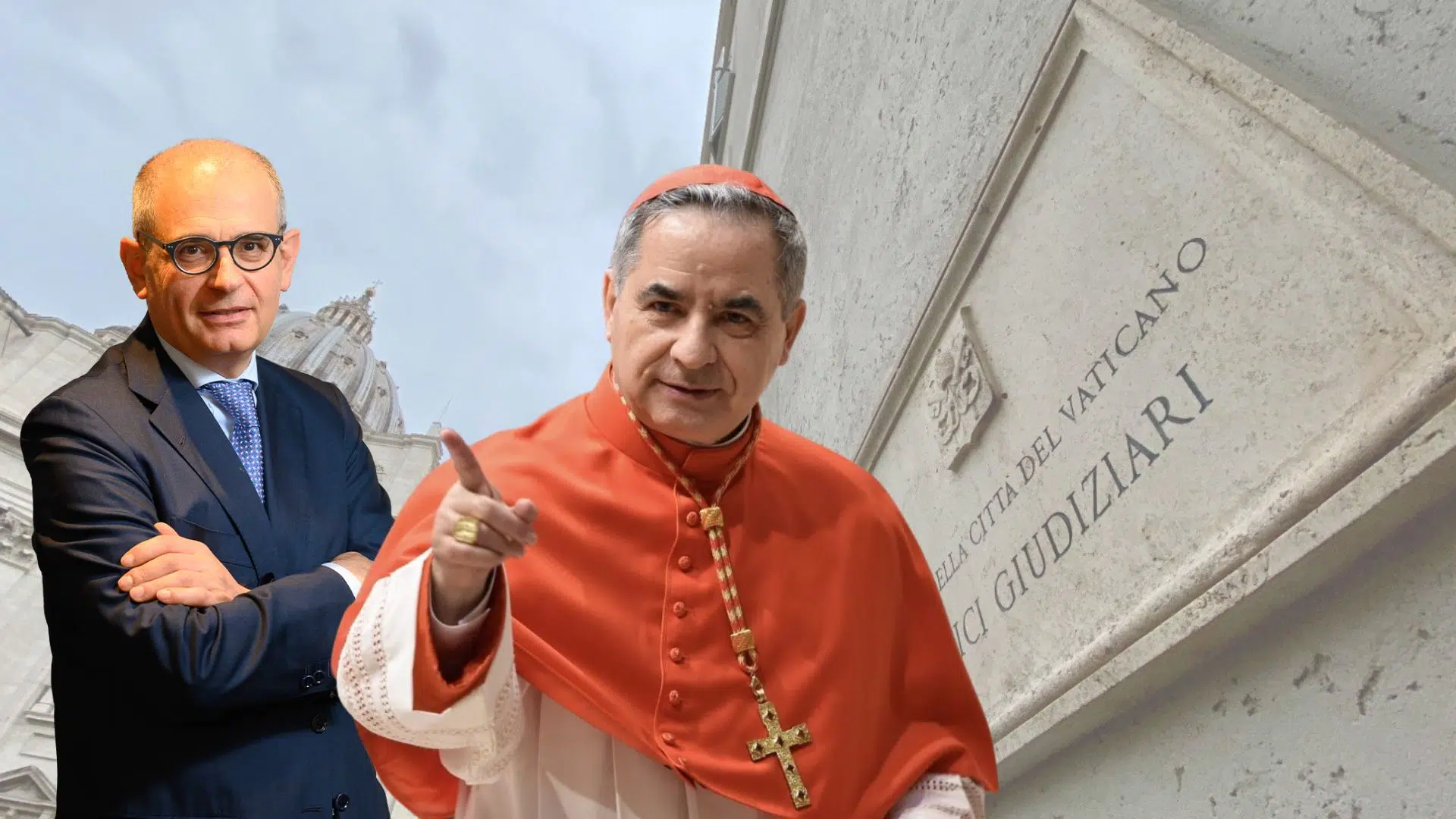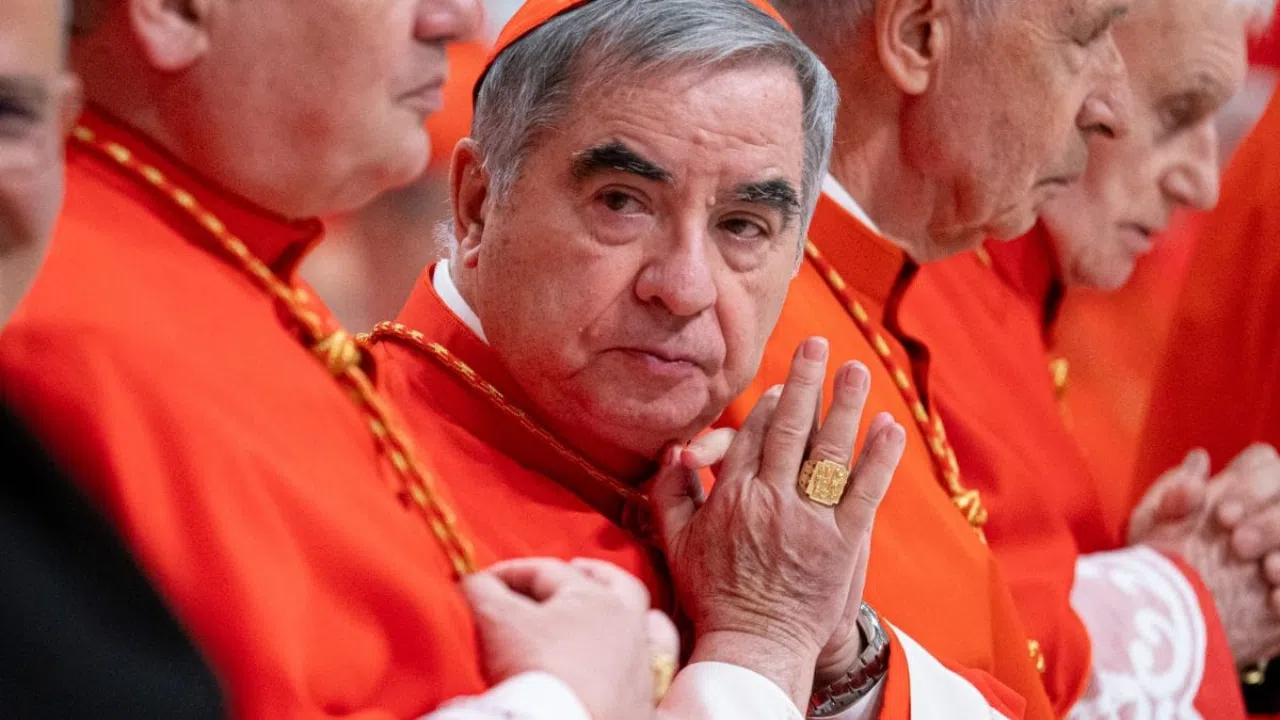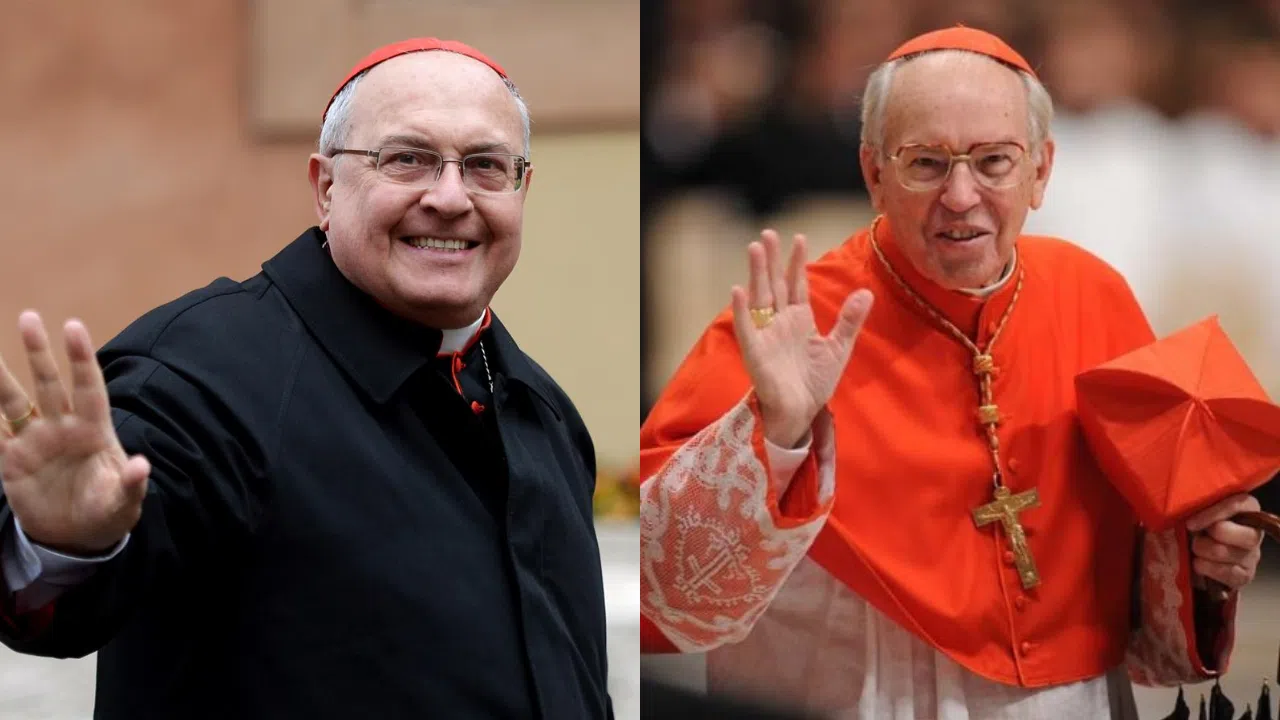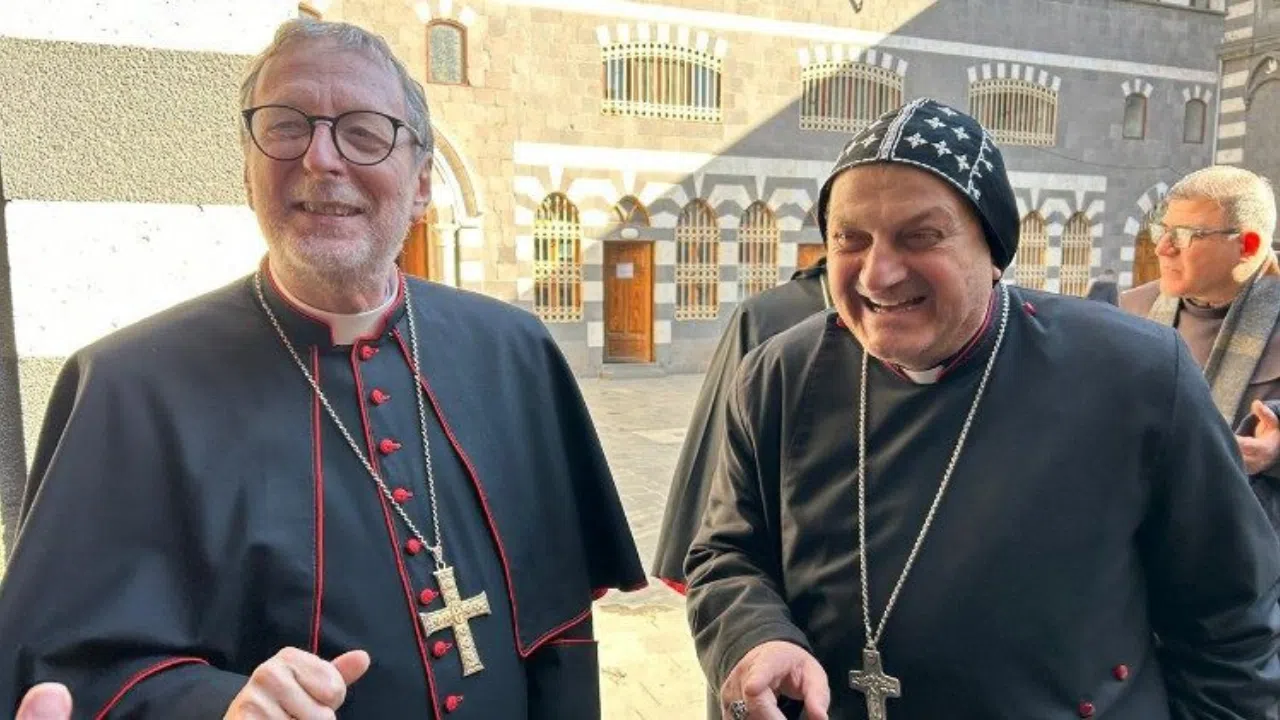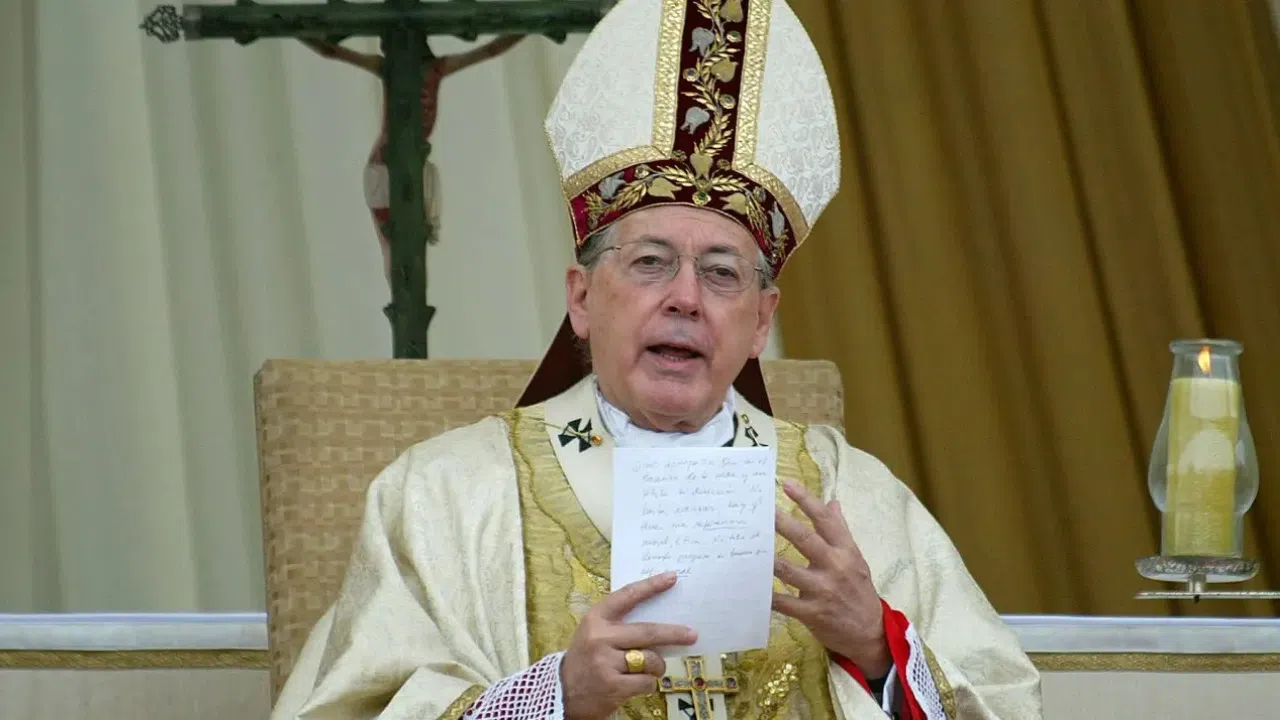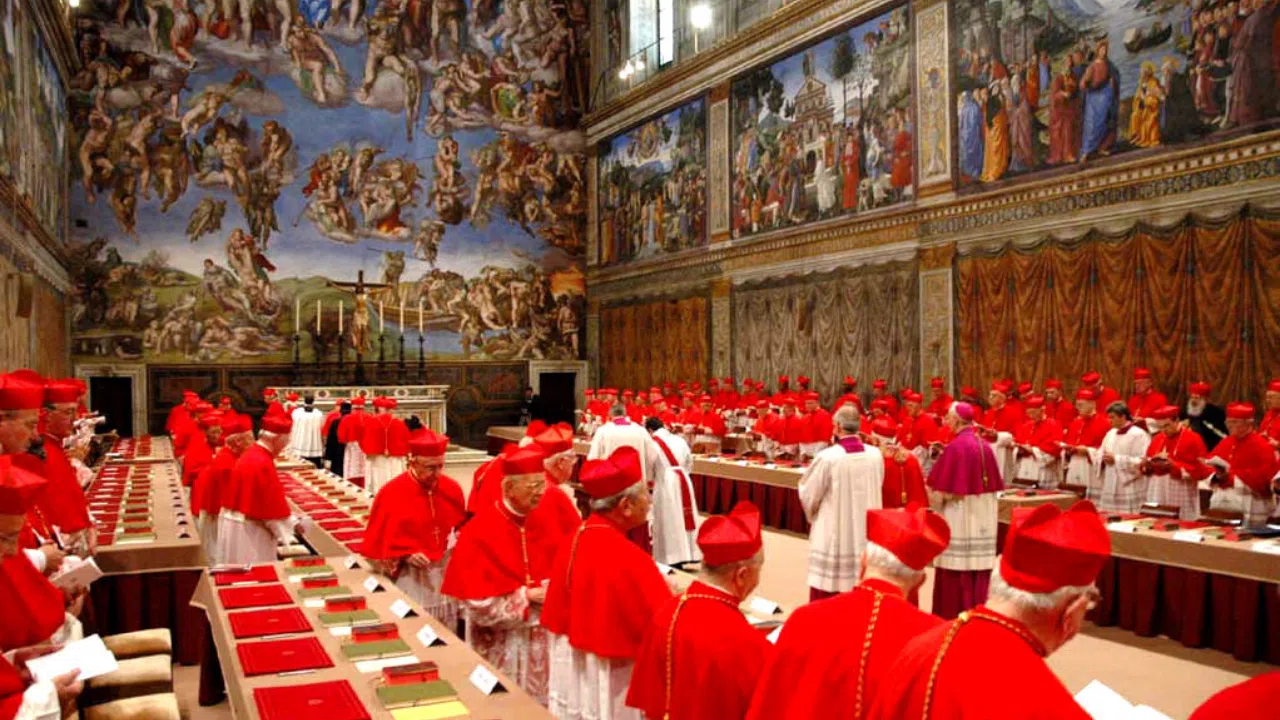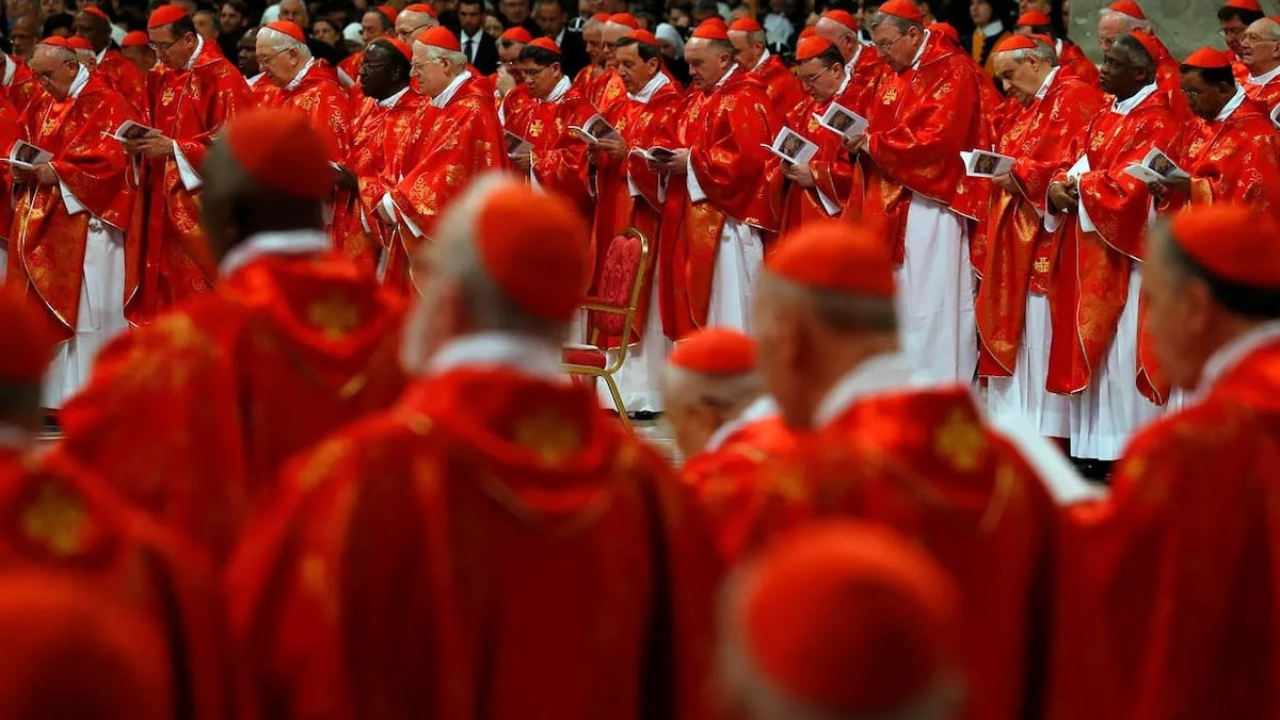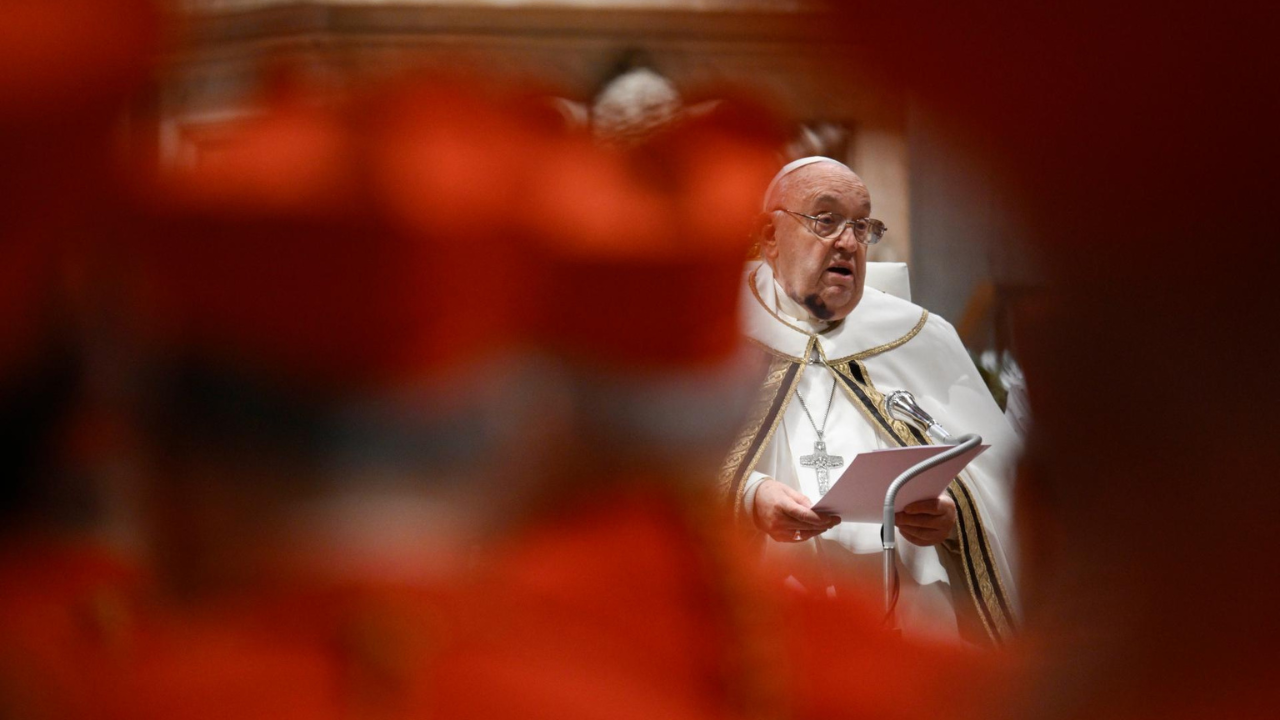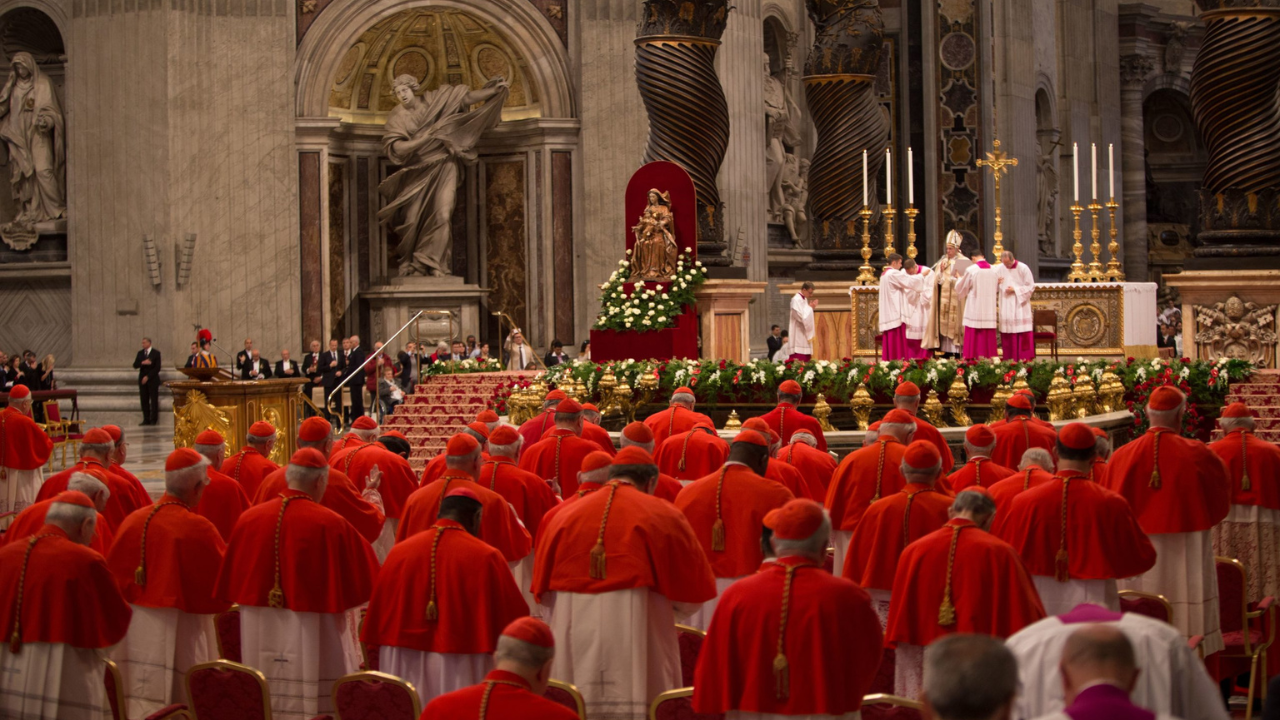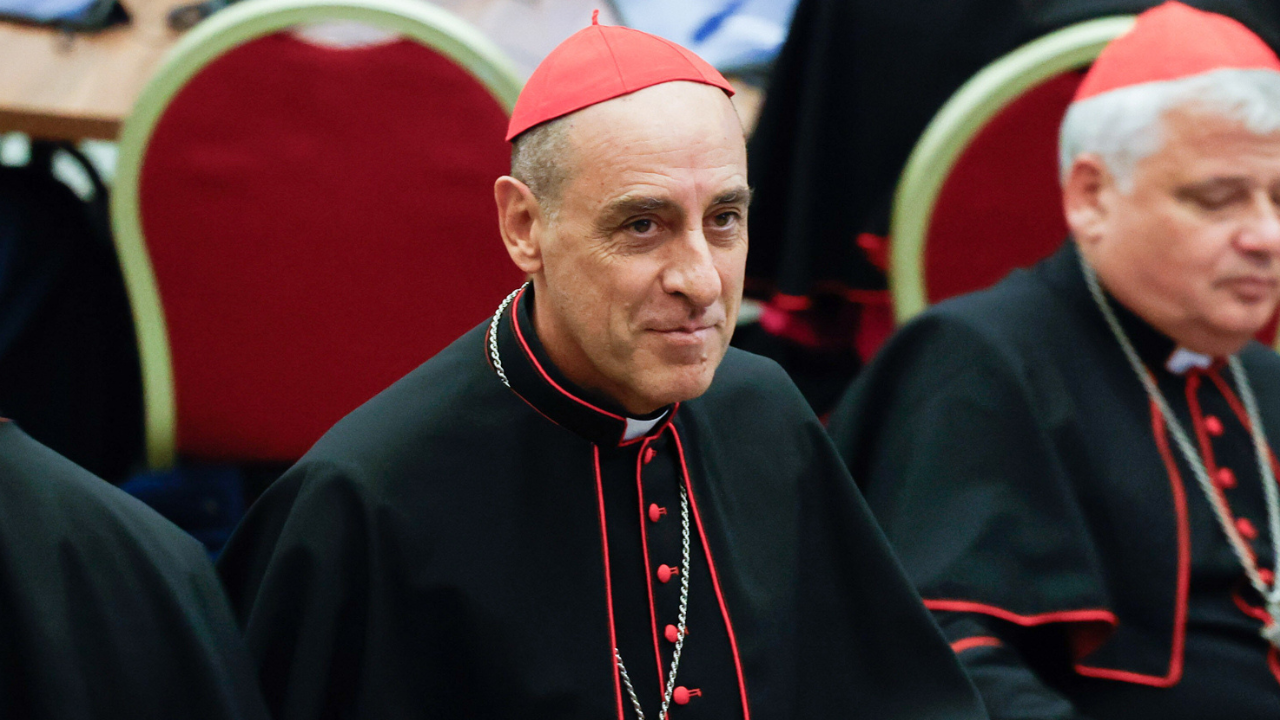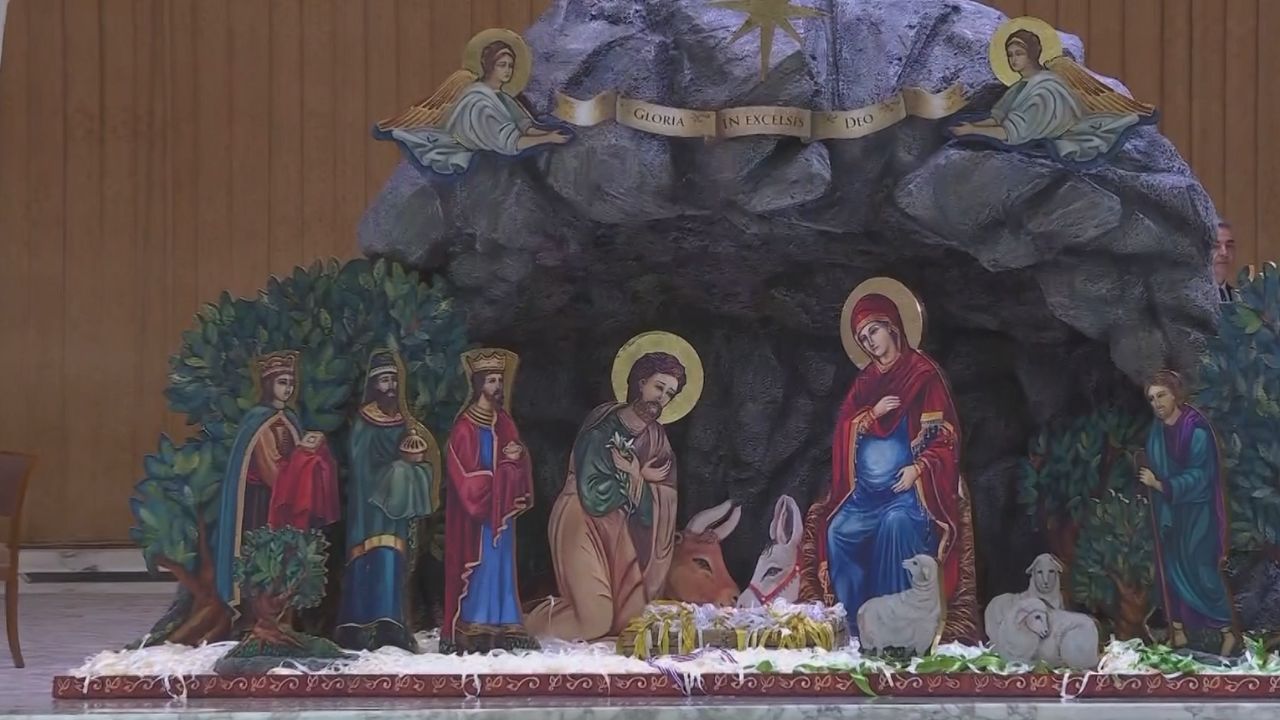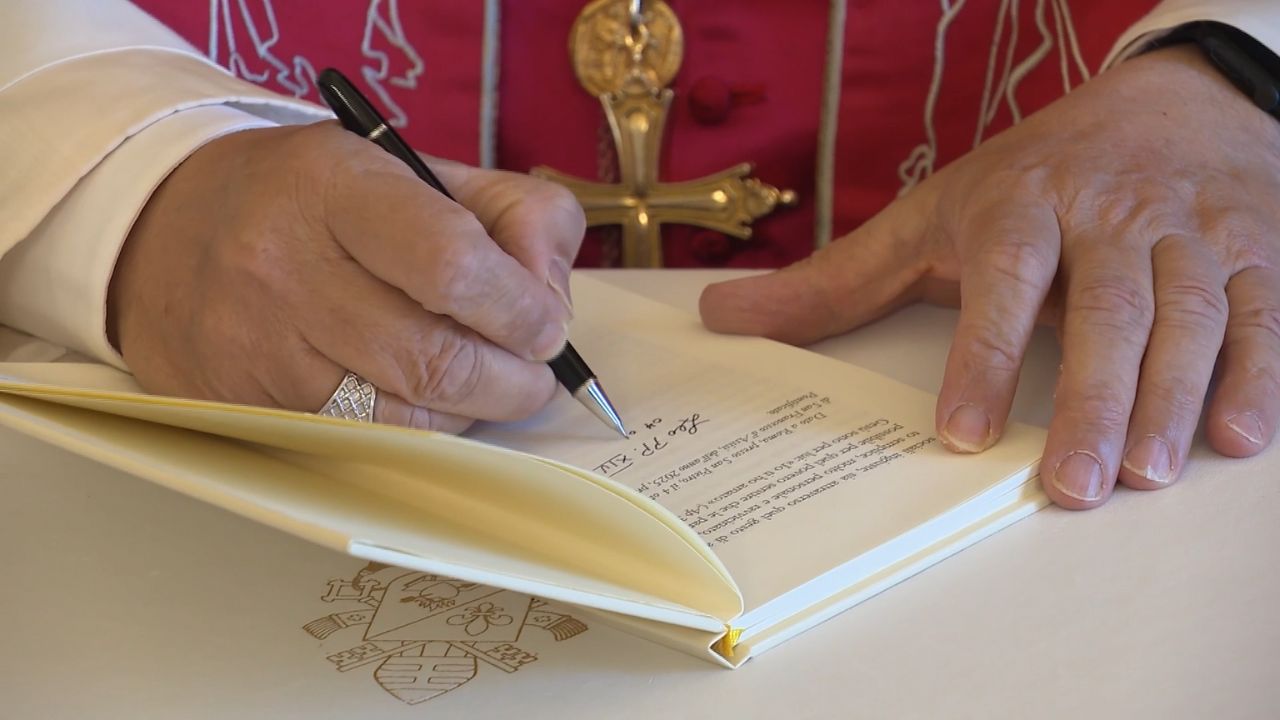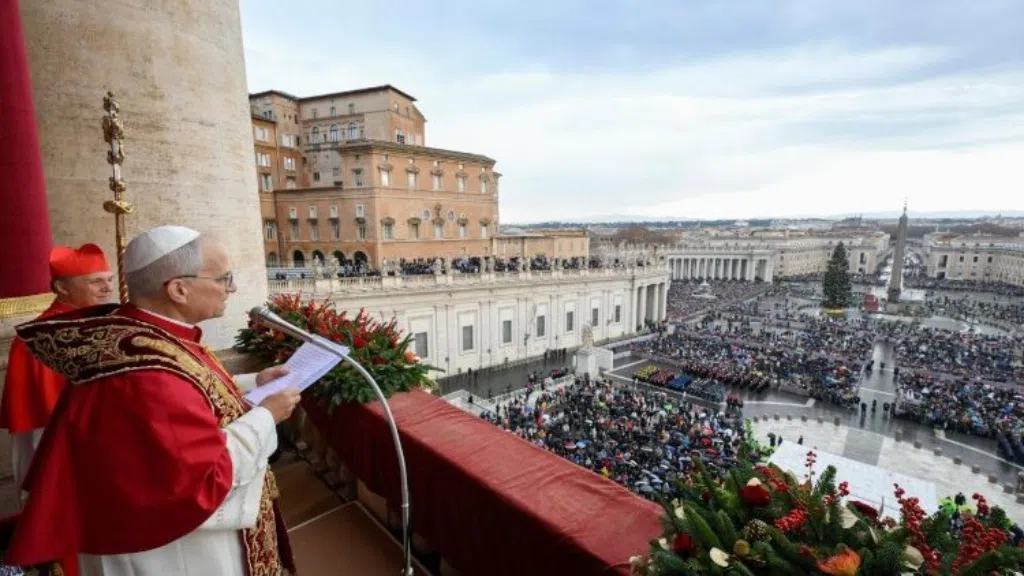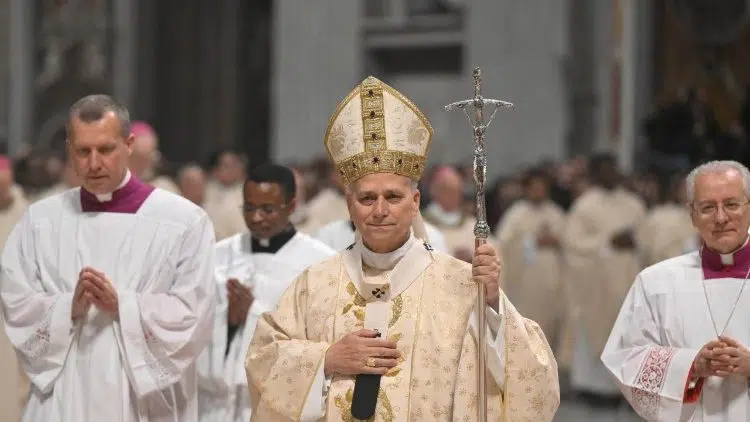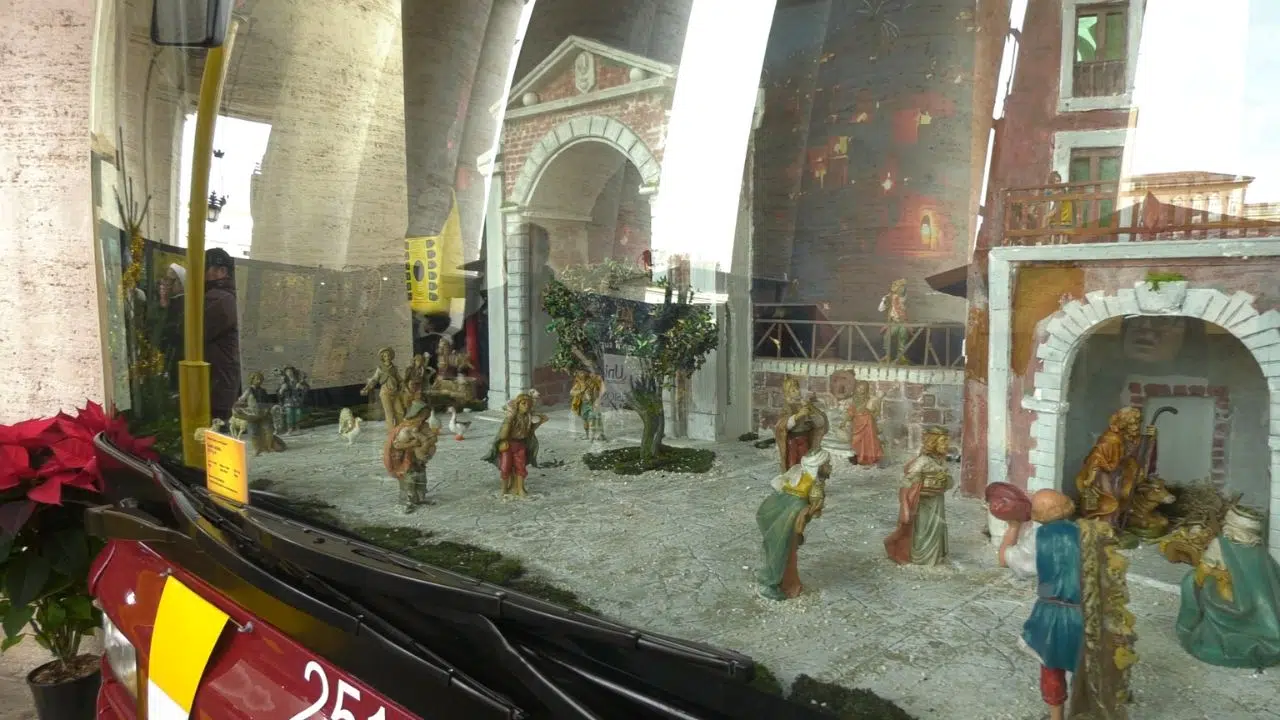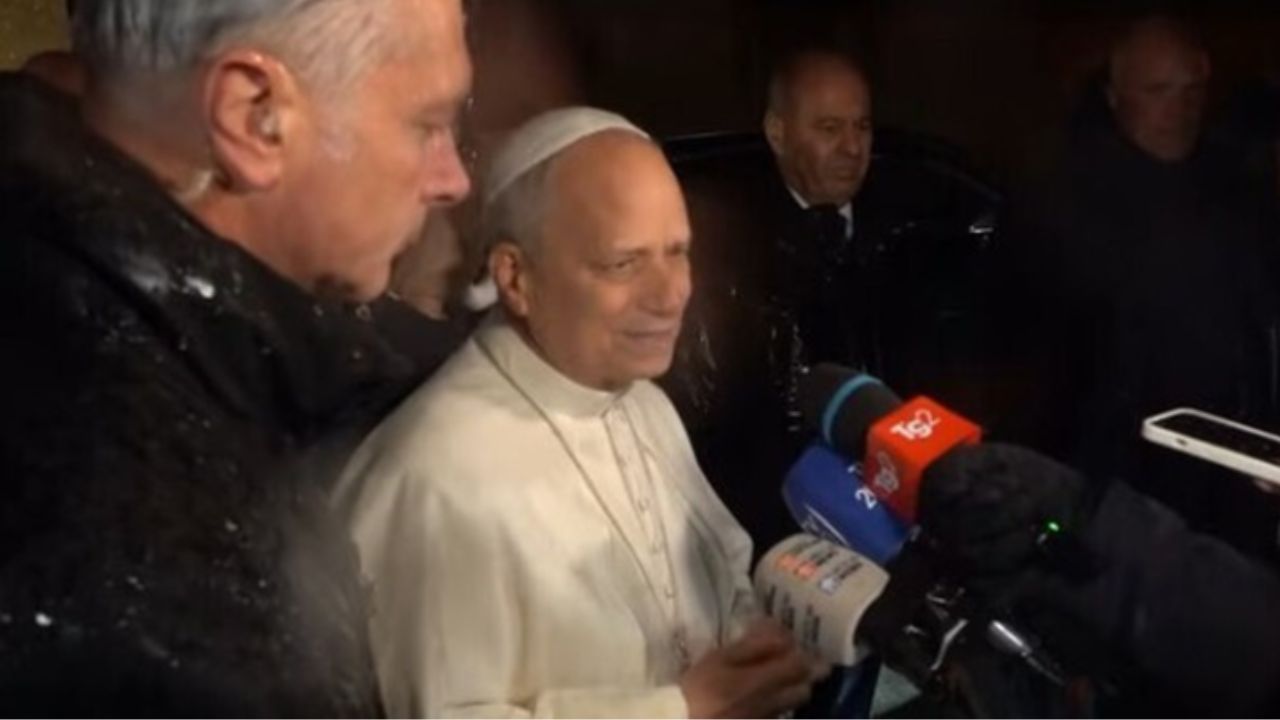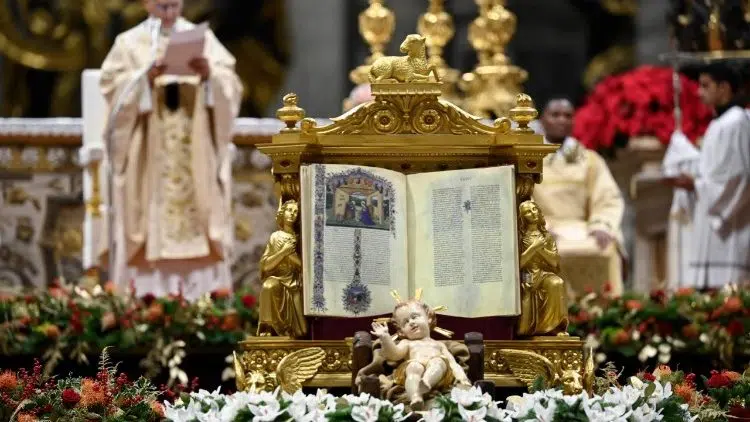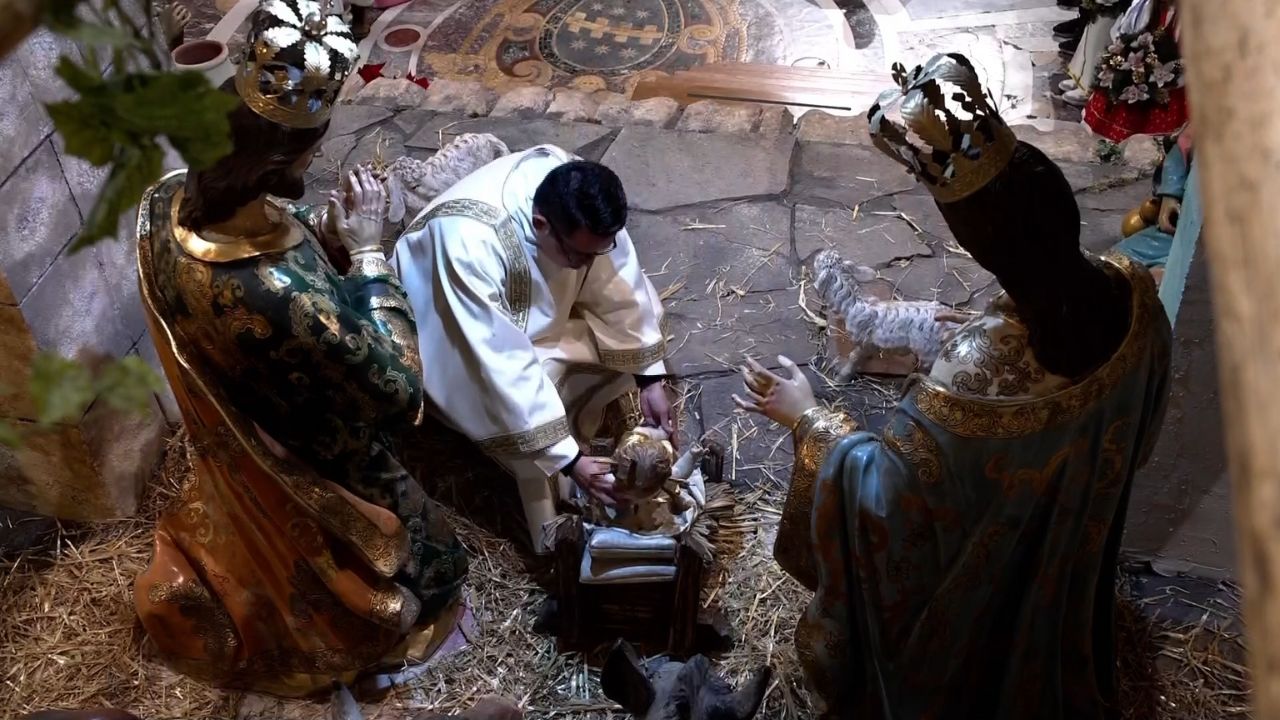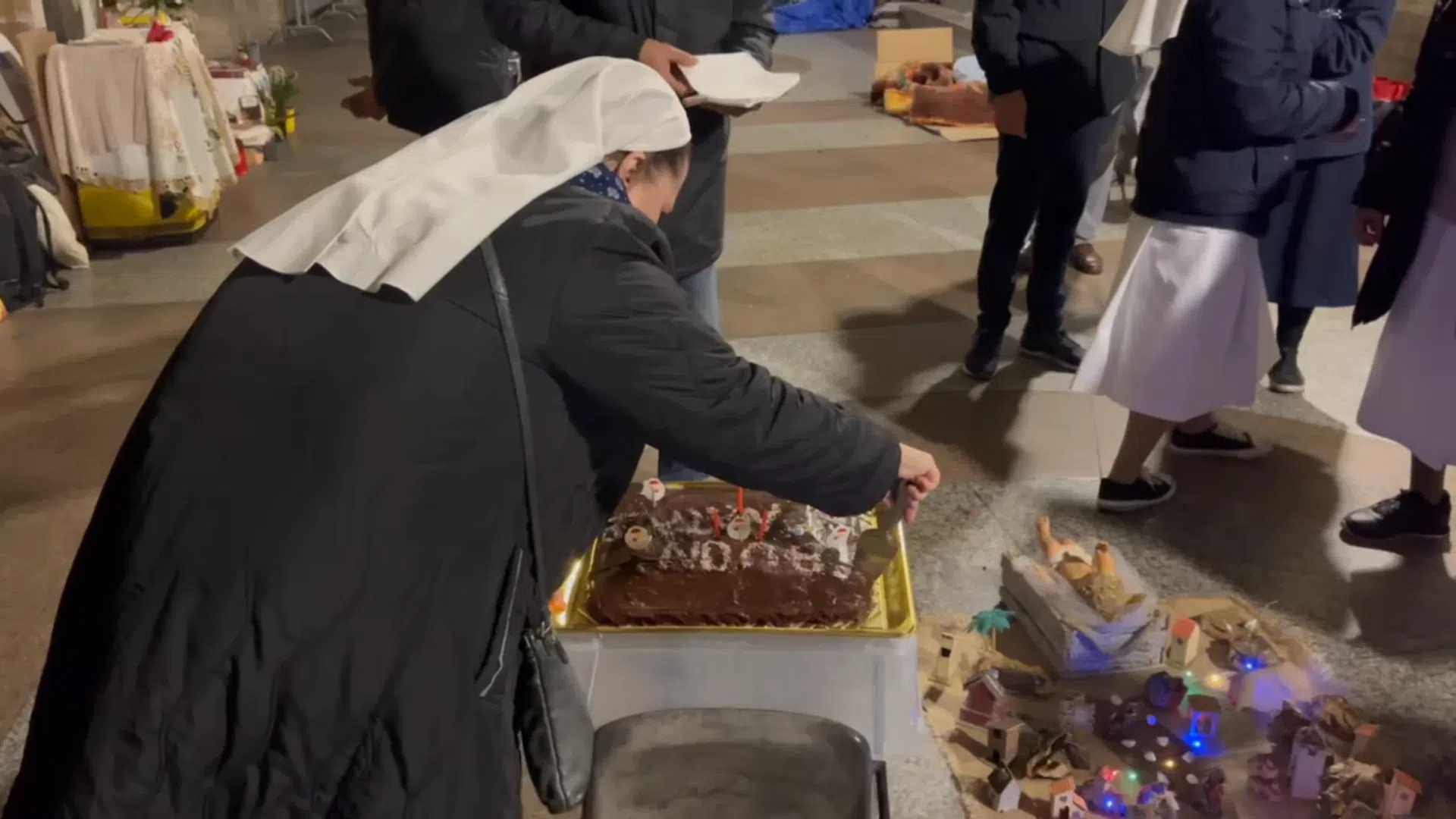Only one Czech person has been bestowed with the honor of being buried among the popes in the grottoes of St. Peter's Basilica. Now, in an effort to respect his final wishes, that number will return to zero.
Josef Beran became archbishop of Prague in 1946 and was later named a cardinal in 1965. His canonization process began in 1997, during which Beran's will was discovered, revealing his desire to be buried in his homeland.
Collaboration between Czech and Vatican officials has resulted in the scheduled transfer of the cardinal's remains. Pavel Vosalik, Czech ambassador to the Holy See, believes it's a necessary tribute to a role model for his nation.
PAVEL VOSALIK
Czech Republic Ambassador to the Holy See
“This is the story about heroes which maybe are not heroes whose stories could be used in Hollywood for some big movie, but the heroism of these people was in their loyalty, in their really strong faith and their ability to sacrifice themselves for something they feel or see to be bigger than themselves.”
Josef Beran's path to the Eternal City was not an easy one. Having already survived imprisonment at the Dachau concentration camp, the then archbishop began facing persecution in 1948 after a communist regime came to power in Czechoslovakia.
Beran was fervently outspoken against restriction of the Church by the government, which tried to silence him through house arrest and imprisonment. The archbishop repeatedly submitted resignation requests to the pope, but they were always rejected.
Instead, following nearly 20 years of oppression, Pope Paul VI invited him to Rome in the mid-1960s to be named a cardinal and participate in the Second Vatican Council. Beran remained in exile until his death in 1969.
Vosalik believes Paul VI's decision to bury the cardinal in St. Peter's Basilica was meant to send a signal.
PAVEL VOSALIK
Czech Republic Ambassador to the Holy See
“It was a slap in the face of the Czechoslovakian regime by the pope when he said, 'You don't want him home, so I will give him this space among popes.' The respect presented by Paul VI was directly focused and addressed to Josef Beran.”
Due to the magnitude of this honor, some people in the Czech Republic believe the cardinal's grave should remain in the Eternal City. However, officials feel they have a more important obligation.
PAVEL VOSALIK
Czech Republic Ambassador to the Holy See
“I think if we really feel respect for Cardinal Beran, there's only one way to respect his last will – he wanted to go home. We are not the ones to say if he was right or wrong in his last will. This is our duty and honor to follow that and to fulfil it.”
As Beran was oppressed and later in exile, recent generations were never introduced to his story. The ambassador hopes the cardinal's transfer will spread awareness and leave a lasting impact on the Czech people.
PAVEL VOSALIK
Czech Republic Ambassador to the Holy See
“Maybe the return could bring some new motion, some new idea, some new energy into society to commemorate and remember the values that Cardinal Beran was faithful to until the very last minute of his life.”
In April, the cardinal's body will be moved to its final resting place, just in time for the feast day of another former bishop of Prague, St. Adalbert. Later this year, Servant of God Josef Beran will celebrate his 130th birthday back in his homeland.
